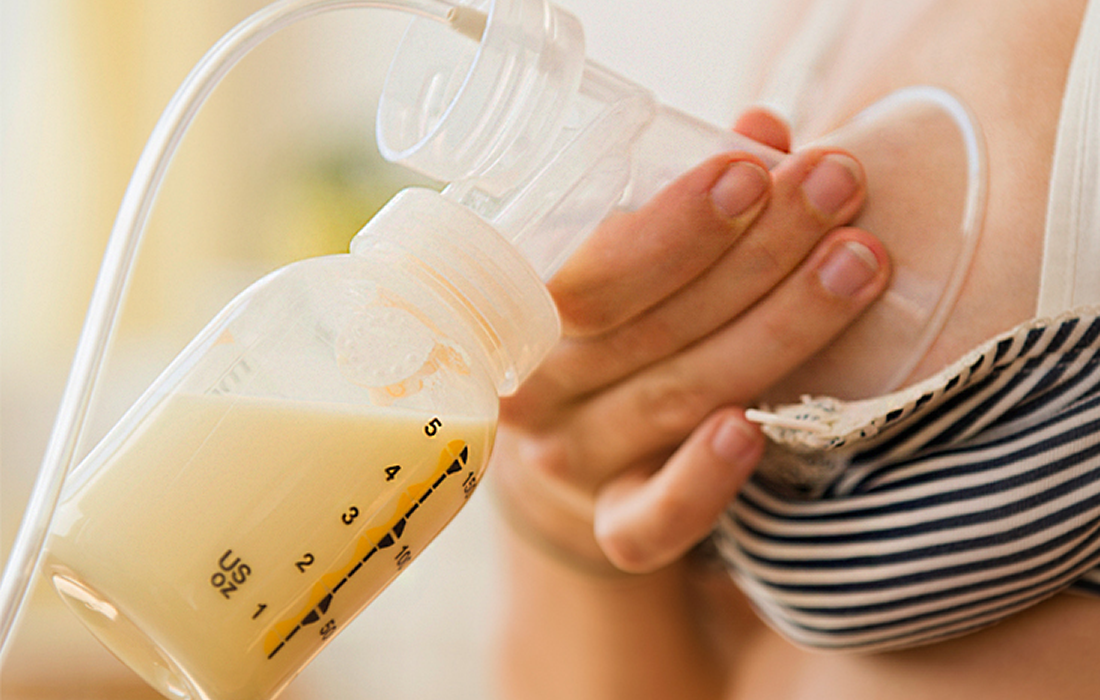Regenerative Medicine News and General Information
Breast Cells in Breastmilk May Offer Insights Into Breast Cancer
Epidemiological studies have demonstrated that breastfeeding has a protective effect against breast cancer. However the mechanism behind this has remained unclear.
Studies using mice models suggest that this could be due to changes in breast tissue that occur during breastfeeding causing long lasting epigenetic changes. But the exact mechanism has been difficult to investigate because most breast tissue donors are people undergoing surgery and very few would have been lactating.
Major changes in the architecture and cellular composition of the adult mammary gland are required for the synthesis and secretion of the complex bioactive fluid that is human milk.
In a recently published study, researchers from the Wellcome-MRC Cambridge Stem Cell Institute (CSCI) and the Department of Pharmacology at the University of Cambridge, UK, has shown that the cells that are expelled into the breast milk remain alive in the milk and can be isolated from expressed breast milk. The research was published in the journal Nature Communications.
To determine how the genes that are activated in breastfeeding women differ from those not breastfeeding, researchers isolated breast cells from milk donated from nine women who had been breastfeeding for less than a year and carried out a genetic analysis.
They then compared these to cells from tissue donated by seven women having aesthetic breast reduction surgery.
The researchers found genes that increase their expression during lactation related to fatty acid metabolism and storage, zinc transport, and secretion and immune response. They also identified 2 different cell populations responsible for making breast milk in lactating women.
Researchers suggest that the cells present in human milk could serve a role in helping the breastfed infant’s immune system be trained.
The cells found had differentiated from luminal progenitor cells as they had similar genetic profiles. Luminal progenitor cells are significant to researchers as they are thought to be the cells in which cancerous mutations first originate.
The researchers believe that future studies of these population of cells could provide insight into how breast cancer develops and also how breastfeeding can protect some individuals.
Sources:
Hannah Flynn (2022, Feb 4). Breast cells in breastmilk are alive and may offer insights into breast cancer. Medical News Today. Retrieved from:
Twigger, AJ., Engelbrecht, L.K., Bach, K. et al. Transcriptional changes in the mammary gland during lactation revealed by single cell sequencing of cells from human milk. Nat Commun 13, 562 (2022). https://doi.org/10.1038/s41467-021-27895-0
Image from:
https://www.healthline.com/health/breast-milk-color

